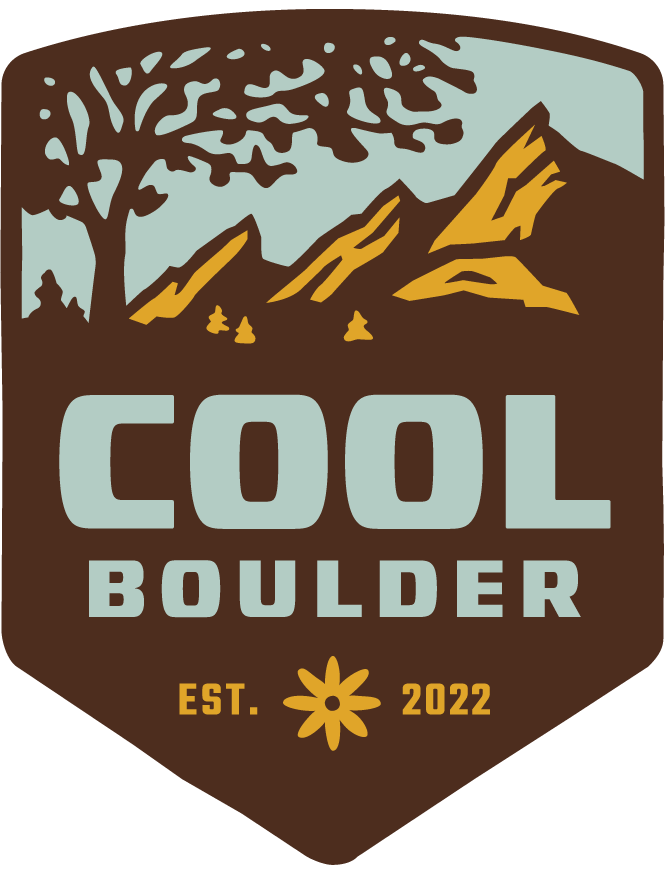Xerces Society Webinar: The Paradox of Fire - A Threat to Pollinators yet a Key Process They Need
What: Since first using a drip torch to start a prescribed burn back in 1991, Dr. Ray Moranz has been fascinated with prescribed fire and its effects on plants and wildlife. Ray will summarize some of the most important evidence of the negative effects of fire on pollinators, but follow that with examples of the benefits of fire. He will present examples from throughout the lower 48 U.S. states, with a slight bias toward his region, the Central Grasslands. He will recommend best management practices for fire and suggest sources of technical and financial assistance for prescribed burning.
When: Thursday, August 17th; 11:00 a.m. - 12:00 p.m. (Mountain Time)
Where: Virtual webinar.
Click here to learn more and register!
This webinar will be recorded and available on the Xerces Youtube Channel. Closed Captions will be available during the webinar.
Speaker:
Ray Moranz - Grazing Lands Pollinator Ecologist & Partner Biologist for the NRCS Central National Technology Support Center, The Xerces Society
Ray works to conserve pollinators on rangelands in the central U.S., and he also serves as a Partner Biologist to the USDA’s Natural Resources Conservation Service’s (NRCS) Central National Technology Support Center in Fort Worth, TX. He is based at the NRCS Field Office in Stillwater, Oklahoma. One focus of his work is to assist in the planning and implementation of monarch butterfly conservation efforts in the south central U.S.. Ray began studying the effects of fire and grazing on prairie plant and butterfly communities in 2004, and earned his Ph.D. in natural resource ecology and management from Oklahoma State University in 2010. Prior to joining the Xerces Society, he worked for The Nature Conservancy in Florida, the U.S. Fish and Wildlife Service in California, Iowa State University, and Oklahoma State University.
